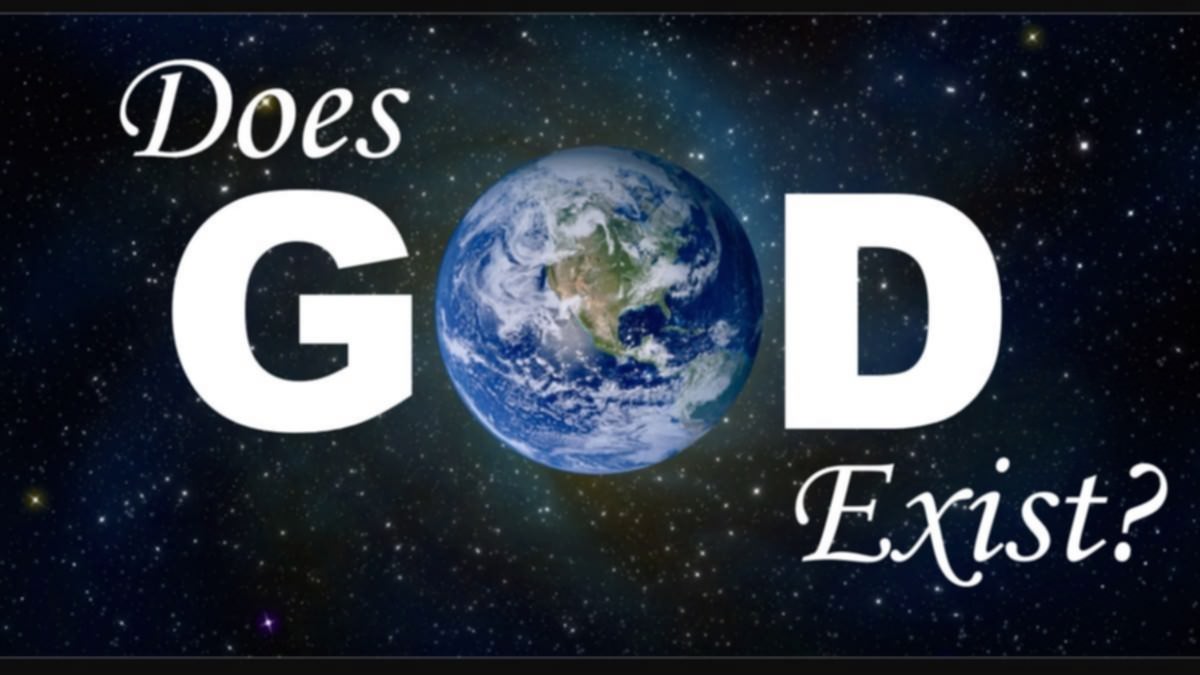Exploring the Concept of God and Existence
The Origins of God
Throughout history, man has tried to explain phenomena in the natural world that seemed unexplainable or out of human control. Early humans saw the sun providing light and heat, allowing crops to grow. They observed heavy rains nourishing plants and filling bodies of water. Mighty storms and earthquakes demonstrated nature’s destructive forces. Unable to comprehend such immense powers, early man assigned spiritual significance. prehistoric humanity nature worship deities Gradually, as human knowledge advanced, scientific explanations emerged for many natural occurrences like weather patterns, geology, biology and astronomy. What was once attributed to gods and spirits was progressively understood through empirical evidence and reason. Correspondingly, some divine figures receded in cultural importance while others merged with increasingly complex theological systems.
Attributes of the Prime Mover
If the universe began at some point, its cause must transcend the present laws of physics within our universe. This cause cannot be another physical entity confined to the dimensions of space and time like other observable phenomena. The only alternatives are either non-physical abstract concepts or an eternal, non-material intellect. prime mover cosmological argument fine-tuning multiverse Abstract objects cannot initiate causal effects, so the prime mover necessitating the origin of the universe must be a conscious, eternal mind. As a timeless, immaterial being, such an intellect requires no creator and always existed. Its existence is not contingent on any external factors. This fits the notion of a Supreme Being or God.
Defining Existence
What does it mean to ‘exist’? Existence can refer to both inherent and relational attributes. Material objects manifest inherent existence through observable presence within our spatiotemporal reality. However, the timeless prime mover’s essence lies in Its being the subsistent ground of all contingent reality. theological semantics ontology aseity abstract conceptualization While creatures rely on external factors for survival, the Divine Essence depends on nothing besides Itself. ‘I am that I am’ captures its self-sufficiency, perfection and changelessness. As creator of the natural order, God is not subject to emergent properties or alterations over time. Eternal and independent, divine being intrinsically ‘is’ beyond scientific definitions. Existence points to the Absolute Reality grounding all relative realities.
Acquired vs. Inherent Properties
If objects acquire specific characteristics through interactions or development, their essences are not fully defined by such secondary qualities. Oiliness adhering to one’s hands transfers from an outside source rather than coming from within. emergent properties substance attribute predication inherit acquire By contrast, entities fundamentally characterized by inherent traits instantiate their very selves through built-in features impossible to separate from their identities. Water must be wet and fire hot due to their intrinsic natures. As uncaused first cause, sole necessitating ground and maximally perfect metaphysical source, God’s core attributes like omniscience, power and life could not be gained or lost over time. They internally constitute divine subsistence rather than contingently sticking to it from without.
God as Inherent Existence Itself
If existence indicates the actuality or ‘is-ness’ of anything, the divine nature embodies pure existence in itself without dependence on any outside conditions for being. aseity essence-existence ontology theology entail Just as the oil’s oiliness is an underived, defining characteristic making it the fluid we call oil, so God’s eternal, infinite existence expresses his primordial essence as the supremely real ‘I AM’. All other existents participate in being through his creative and conserving act. This helps explain why the Quran represents God saying “I am the All-Powerful” rather than “I have power”. As uncaused cause of the cosmos, no external factors impart qualities to the necessarily existent Deity. Attributes follow from his timeless essence, not vice versa. Divine names thus point back to Allah’s nature as inherent, self-subsistent existence.
Questions Remain
While science continues unlocking nature’s secrets, probing life’s genesis and mapping celestial frontiers, humility acknowledges gaps in human knowledge. Enigmas like cosmogony’s ultimate explanation or non-physical realities’ existence will likely endure beyond empirical resolution. epistemic humility strong agnosticism natural theology pre-scientific
Though reducing supernatural placeholders, expanding learning yields curiosity rather than final answers. A skeptic seeks truths humbly through open discussion. People of faith see mysteries as invitations to deeper reflection - not obstacles to faith seeking understanding. Ultimate questions about origins, design and transcendence continue spurring inquiry across disciplines and confronting humanity with possibilities beyond reductionism.
For now, positing a self-subsistent source of being offers a coherent perspective until revelation or reason supersedes it. Regardless, curiosities about life’s purpose and humanity’s place should unite inquirers instead of divide them. Dialogue, not diatribe, best advances collective search for meaning.


